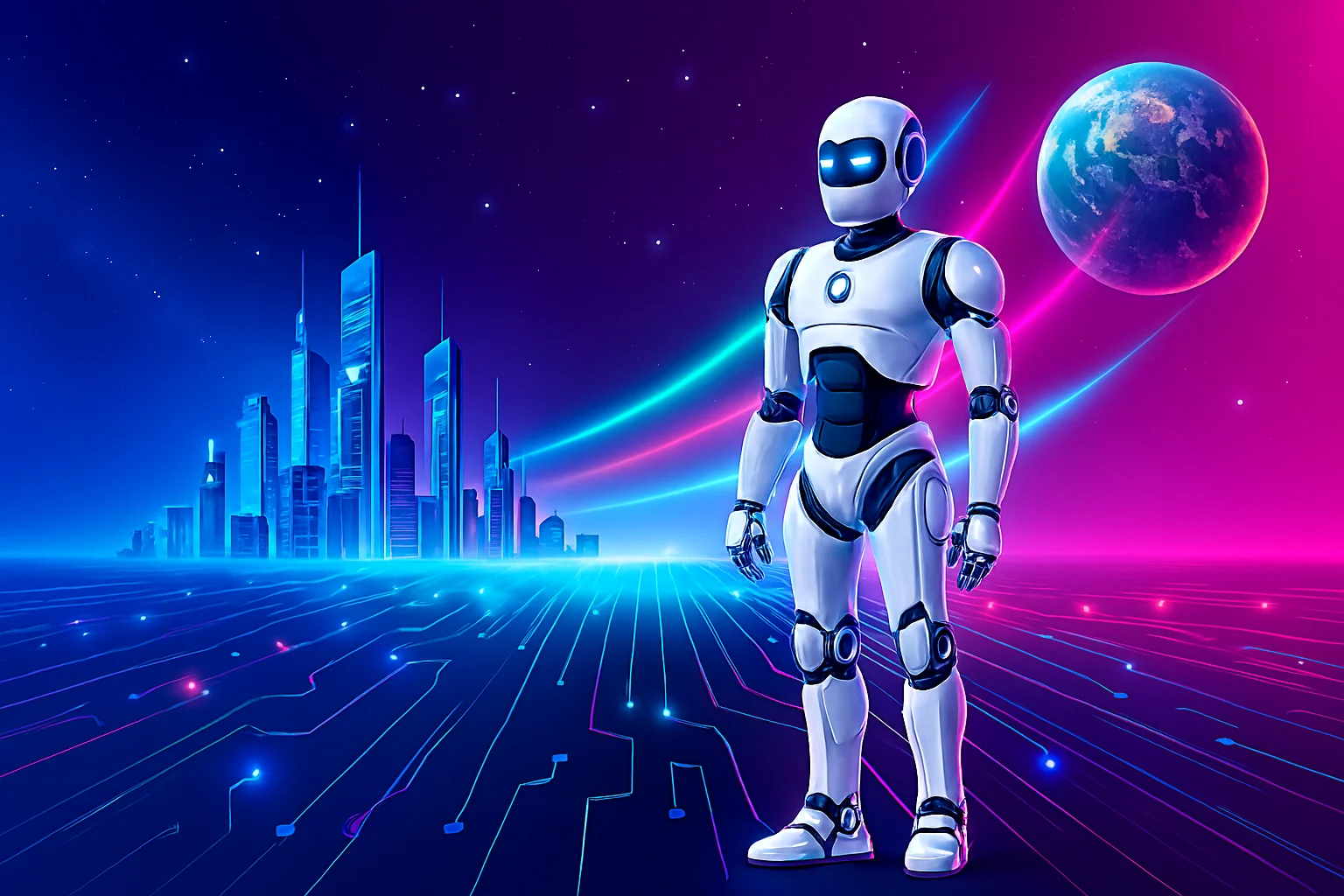
The Future of AI: What You Need to Know
Estimated Reading Time: 2–3 Minutes
Key Takeaways
- AI is rapidly evolving: Expect significant advancements in areas like natural language processing and machine learning.
- Impact across industries: AI will transform healthcare, finance, transportation, and more.
- Ethical considerations are paramount: Discussions around AI bias, privacy, and job displacement are crucial.
The Future of AI: What You Need to Know
Artificial Intelligence (AI) is no longer a concept confined to science fiction; it’s a rapidly advancing technology that is reshaping our world. From the personalized recommendations we receive online to the complex algorithms powering self-driving cars, AI is becoming increasingly integrated into our daily lives. The pace of innovation is accelerating, promising even more transformative changes in the years to come.
One of the most exciting areas of AI development is in natural language processing (NLP) and machine learning. These advancements are enabling AI systems to understand, interpret, and generate human language with unprecedented accuracy. This opens doors for more intuitive human-computer interactions, sophisticated chatbots, and powerful content creation tools. Machine learning, in particular, allows AI to learn from data, identify patterns, and make predictions, driving efficiency and innovation across various sectors.
The impact of AI is poised to be profound and far-reaching. In healthcare, AI is already assisting in diagnostics, drug discovery, and personalized treatment plans. The financial sector is leveraging AI for fraud detection, algorithmic trading, and customer service. Transportation is on the cusp of a revolution with autonomous vehicles, promising safer and more efficient travel. Beyond these, AI is set to enhance manufacturing, agriculture, and even creative arts, fundamentally altering how industries operate and how we work.
However, the ascent of AI also brings critical ethical considerations to the forefront. Addressing potential biases in AI algorithms, ensuring data privacy and security, and navigating the societal implications of job displacement are paramount. Responsible development and deployment of AI require careful thought, robust regulation, and ongoing public discourse to ensure that AI benefits humanity as a whole.
Conclusion
The future of AI is bright with potential, offering solutions to some of our most complex challenges. Staying informed about these advancements and engaging in discussions about responsible AI development is essential for everyone. What are your thoughts on the future of AI?
For more insights and updates on technology and AI, visit Newsog.in.
